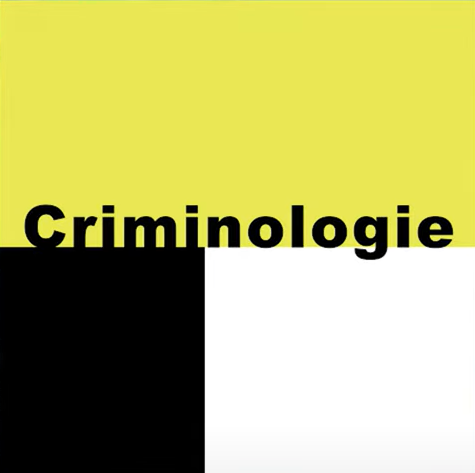Among justice-involved individuals, problems related to psychoactive substance use (PSU) are common. However, drug–crime trajectories and the effects of addiction services remain less documented for women than for men. This article highlights specific aspects of the pathways of justice-involved women experiencing or having experienced substance use problems, as well as their perceptions of the role of addiction services and professionals in their assisted desistance processes. The thematic analysis focuses on a subsample of 60 justice-involved youth (17 women and 43 men) aged 16 to 35, based on semi-structured interviews. The results reveal issues specific to women, notably regarding entry into criminality, intimate partner and sexual violence, the impact of pregnancy on substance use, and caring for an animal. Moreover, several women attribute their progress not only to the services received but especially to the trust, listening, and recognition established between them and the professionals. These relationships, often reinforced by experiential knowledge, contribute to desistance at both the behavioral and social identity levels. Addiction professionals thus act as genuine agents of assisted desistance, even though this is not their explicit mandate. The study underscores the importance of gender- and trauma-sensitive interventions grounded in relational approaches, to support both recovery from substance use problems and criminal desistance among justice-involved women.
This fifty-fifth episode features an interview with Tamara Constantin.
For more details:

Attention - Votre version d'Internet Explorer est vieille de 21 ans et peut ne pas vous offrir une expérience optimale sur le site du CICC. Veuillez mettre à jour votre ordinateur pour une expérience optimale. Nous vous recommandons Firefox ou Chrome, ou encore ChromeFrame si vous êtes dans un environnement corporatif ou académique dans lequel vous ne pouvez pas mettre à jour Internet Explorer.